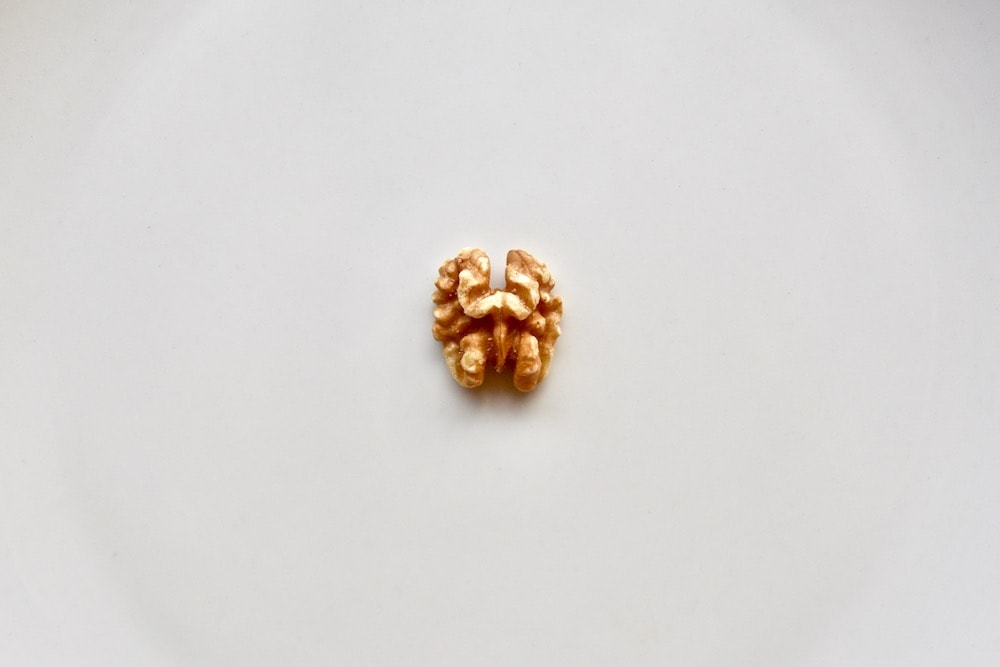Innovative new studies show that how old we feel mentally has a huge impact on how well we fare, physically and mentally, as we age. You can, quite literally, think yourself into better health– and feeling younger. According to the latest research, the younger you feel, the longer you’ll live– or so the theory goes.
“Adults who feel younger have fewer signs of brain aging and better muscular, pulmonary, and metabolic functions compared with those who feel older,” Shape reports. But what does the data suggest about how we go about doing this?
Does attitude really impact health? Anecdotally, we all know this to be true. But emerging data suggests that humans have a unique capacity to alter a phenomenon known as “mental age”: your perception of how well you’re aging.
If you think you’re already aging poorly, you’re less likely to take preventative health measures like exercising, eating well, and wearing sunscreen. If, however, you believe yourself to be fit and thriving irrespective of stereotypes about age, then you will be fit and thrive.
Accordingly, you can control your perception of mental age, just as you can be proactive with other aspects of your own mental health. The tips below will help you feel young and stay healthy, longer.
***

Care For Something (Like a Houseplant, Garden, or Pet)
People need to feel needed, plain and simple. Having a purpose lowers mortality risk, and houseplants, gardens, and pets all have one thing in common: they can’t survive without the human who provides sustenance.
In Okinawa, Japan it’s said that “anybody who grows old healthfully needs an ikigai, or reason for living”, which is why many elderly people take up gardening. (This is also perhaps why Okinawa boasts a record number of centenarians– people who live to be 100 years old or older.)
Having pets also confers a bounty of health benefits. Animals reduce stress, lower blood pressure, and increase social interaction in elderly populations, which in turn benefits mental age. Most importantly, however, pets can mitigate feelings of depression and loneliness in people who live alone.
To a lesser extent, houseplants can also have the same effect, because they need care and encourage routine.
Plants also change every day, which can improve happiness because this change is a pacifying visual representation that life is continually evolving. Pets, plants, and people all have this in common.

Remain Optimistic
Research indicates that a common theme among centenarians is optimism. That’s one of the only traits that all living 100-year-olds tend to have in common. Some centenarians smoke; some of them drink, and they all have different diets and they come from different ethnographic backgrounds.
One thing is clear, however: they have hope for the future, and because of this, they enjoy trying new things. (Just ask the writers of this funny SNL sketch featuring “Supercentenarian” Mort Fellner.)
Research into exactly why optimism benefits mental age is, as yet, unclear. But the takeaway lesson is pretty intuitive: if you believe life is good, then it will continue to treat you well.
Be Flexible
Studies show that people who are perfectionists age faster because they are hyper-critical of themselves. Perfectionism increases mental age because it can lead to excessive oxidative stress. Psychologists now believe that perfectionism stems from feelings of inadequacy, rather than mere social pressure (though that can also be a factor).
People who feel that their self-worth comes from an aspect of their perfectionism (e.g. their athletic performance, work performance, or performance as a parent) often become victims of the increasingly impossible goals they set for themselves.
This, in turn, leads them to become inflexible in their beliefs and behaviors. (They call this phenomenon “moving the goal post”.)
To combat rigidity and perfectionism, ask yourself: Would you hold other people to the same exacting standards you set for yourself? If not, this might be an indication that you are too hard on yourself. Remind yourself daily that everyone is trying, and everyone has something to overcome in life.
This is true no matter how perfect, easy, or unattainable another person’s life may seem from the outside. Life is a relative experience and messiness is encouraged.
^ Reminding yourself of this regularly will help you cut yourself some slack. (And the sooner you ease up on yourself, the better you will fare in the long run.) Flexibility is the key to longevity.
Exercise
Exercise is an essential part of subjective age. If you think you’re too old to go on a hike or take a yoga class, then you will be. But there are no age limits on any activities! Group fitness instructors offer modifications for exercises that one might not be flexible enough to do, or too embarrassed to try. When in doubt, ask for modifications.
Gyms are safe spaces, as much as self-conscious people fear them. Remember: no one is thinking about you as much as you’re thinking about yourself. Exercise improves cognition, balance, and makes people happier. Plus, when you train your body, the mind benefits– that’s the biggest secret to why exercise improves subjective age.
Physically demanding activities makes the brain sharper and more capable of dealing with mental fatigue. Some studies even show that exercise can ward off dementia and Alzheimer’s disease. The benefits to your waistline are just a bonus.
Socialize
According to research from the National Institutes on Aging, there’s a strong correlation between socializing and positive health outcomes in aging adults. Having friends or other loved ones to confide in is consistent with other biomarkers of health.
Friendship is associated with lower levels of interleukin-6, an inflammatory factor responsible for Alzheimer’s Disease, osteoporosis, rheumatoid arthritis, some forms of cancer, and cardiovascular disease. If, as they say, “laughter is the best medicine”, it’s only because friendship is as good as medicine, too.
While some social scientists indicate that it’s difficult to balance more than six close, interpersonal relationships at once, a person’s mental age benefits from any number of closely maintained friendships. These can include close family interactions or casual pleasant encounters with other people.
Positive interaction, moreover, is essential.

Travel
Wonder and novelty are essential to mental health. Novel activities supposedly trigger the brain to release more feel-good dopamine, the neurotransmitter responsible for happiness.
The University of Connecticut even did a study that demonstrated that people who are open to new experiences feel younger. Who knew?
When you switch up your environment, you remove the distractions and habits attached to it. Travel, trying new things, and meeting new people are all healthy ways to reevaluate your unconscious beliefs. And periodically evaluating your unconscious beliefs also bolsters good habits.
To that point, it’s also worth noting what qualifies as travel. Visiting a new store or restaurant you’ve never been to before is a form of travel.
Trying a new cuisine is a form of travel, too, even if you’re doing it in your own home. It’s all about finding new ways to transport and inspire yourself– literally or metaphorically.
To get ideas for your next trip, visit our critically-acclaimed American Cities Travel Index or our European Cities Travel Index, which features exciting, well-being-enhancing destinations around the world.
***
Related: Want more tools for improving mental age? Read our 5-Step Guide for Identifying Misplaced Emotions— a primer that will help you cope with unconscious stress.



[…] Read our related article on the Science of Stress Granules and Mental Age. […]